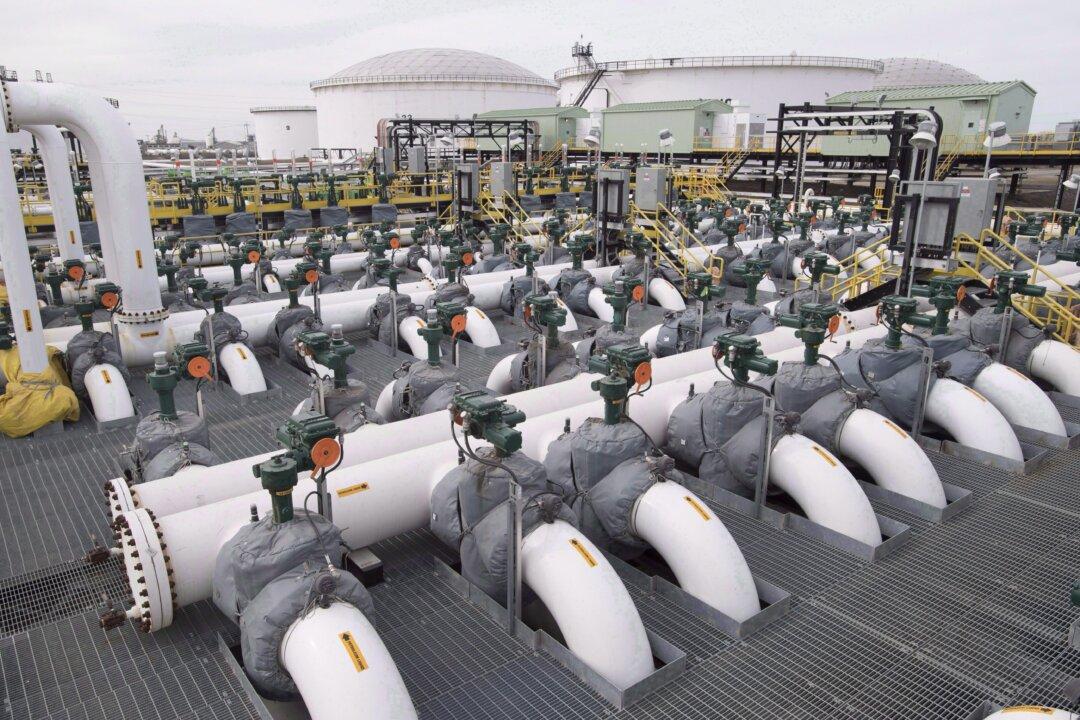The National Energy Board has endorsed an expansion of the Trans Mountain pipeline. If approved by Ottawa, the regulator says it will impose 156 conditions on the project. It has also made 16 new recommendations for the federal government.
1. Develop a plan to assess the effects on the Salish Sea and a long-term strategy to manage those effects.





